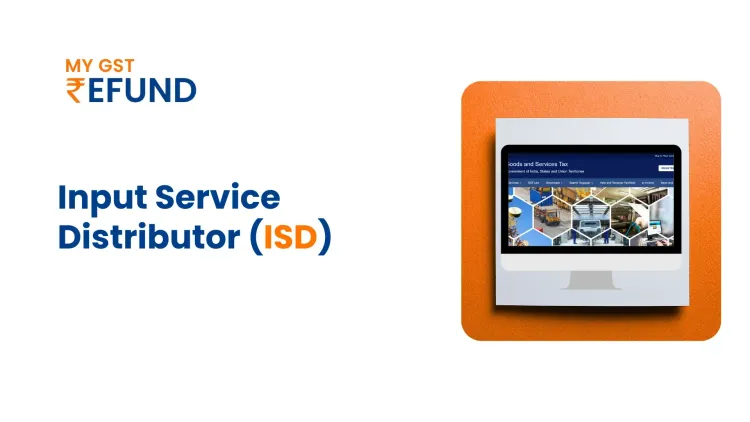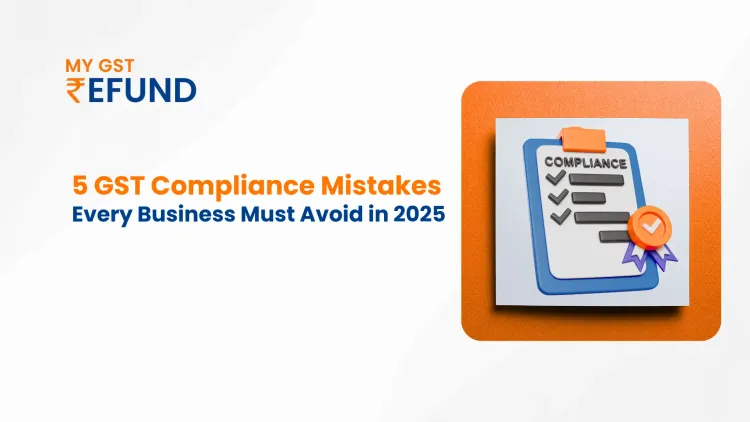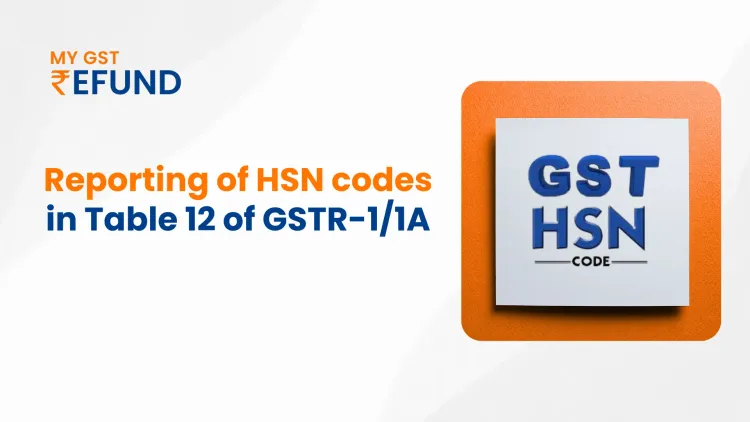What is Transfer Pricing?
The prices of goods and services that are exchanged between companies under common control are called transfer pricing. For example, if a subsidiary company sells goods or provide services to its holding company or a sister company, the price charged is referred to as the transfer price.
Transfer pricing laws in India
Transfer pricing laws in India apply to transactions between companies that are related or associated with each other, as well as certain domestic transactions above a specified value threshold. These laws were introduced through sections 92A to 92F and relevant rules 10A to 10E of the Income Tax Rules, 1962.
The purpose of Transfer pricing laws in India is to ensure that the prices at which these related parties transact with each other are comparable to what would be charged between unrelated parties for the same goods or services. This helps prevent companies from manipulating prices to reduce tax liabilities.
Section 92 of the Income Tax Act, 1961
Section 92 of the Income Tax Act, 1961 deals with how income from transactions between related companies (associated enterprises) should be calculated. If these companies agree to share costs or expenses for any service, benefit, or facility, the amount they contribute must be based on what would be considered a fair price if they were not related. This ensures that one company doesn't unfairly benefit from lower costs due to its relationship with another company, for tax purposes.
Section 92B of the Income Tax Act, 1961
Section 92B of the Income Tax Act 1961 defines what an international transaction means under this law. It refers to any transaction between two or more companies that are related (associated enterprises), where at least one of these companies is located outside India (a non-resident). These transactions can involve buying, selling, or leasing physical or intangible assets, providing services, lending or borrowing money, or any other deal that affects the profits, income, losses, or assets of these companies. This definition helps determine how such transactions should be taxed to prevent tax evasion or unfair advantages due to international affiliations.
Section 92A of the Income Tax Act 1961
Section 92A of the Income Tax Act 1961 defines what "Associated Enterprises" means under this law. Two enterprises are considered associated if they meet any of the following criteria during the previous financial year:
One enterprise directly or indirectly controls the other through ownership of capital or management.Certain individuals or entities that control one enterprise also control the other.One enterprise holds at least 26% of the voting power in another enterprise.A significant loan from one enterprise to another constitutes at least 51% of the borrower's total assets.One enterprise guarantees at least 10% of the other's total borrowings.More than half of the board members or executives of one enterprise are appointed by the other.One enterprise owns intellectual property rights, and the other enterprise uses these rights.One enterprise supplies at least 90% of the raw materials or goods to the other, influencing prices and conditions.One enterprise buys goods or articles mainly from another, influencing prices and conditions.Both enterprises are controlled by the same individual or family.One enterprise has a significant stake in a partnership or association where the other enterprise is involved.Any other relationship that shows mutual interest between the enterprises, as prescribed.
These criteria help determine if two companies are associated and subject to transfer pricing regulations to ensure fair and proper taxation on their transactions.
Section 92E – Audit Under Transfer Pricing
If you're involved in international transactions or specific domestic transactions, you need to submit a report from an accountant. This report must be in a specified format, signed, and verified by the accountant. It's required before a certain date each year. This audit requirement applies to both types of transactions. You must file Form 3CEB by 31st October of the Assessment Year. For individuals or entities required to submit Form 3CEB, the deadline for filing their Income Tax Return (ITR) is 30th November of the Assessment Year.
Importance of Transfer Pricing
In large companies that operate globally, how they distribute profits and costs among their subsidiaries can vary. Sometimes, a subsidiary might be treated as its own business unit or part of a larger segment. Transfer pricing helps decide how revenue and expenses are allocated to these subsidiaries.
The profitability of a subsidiary is affected by the prices set for transactions between different parts of the same company. Nowadays, these transactions are closely watched by governments to ensure fairness. Transfer pricing directly affects how much tax a company pays and its overall financial health after taxes.
For businesses involved in transactions across borders, understanding transfer pricing is crucial. It ensures they follow the law and avoid penalties for not complying with rules on pricing these internal transactions.
Conclusion
Transfer pricing laws in India regulate transactions between related companies to ensure fair pricing, preventing tax manipulation. Sections like 92A to 92F of the Income Tax Act establish rules for calculating income from these transactions fairly. This prevents one company from benefiting unfairly due to its relationship with another. Compliance involves detailed reporting and audits to ensure transactions are priced as they would be between unrelated parties, crucial for fair taxation.
Also Read :Are Senior Citizens Exempt from Advance Tax?
Related Posts








